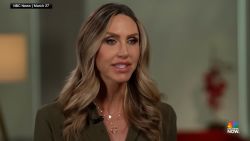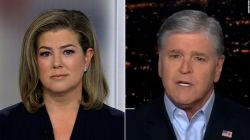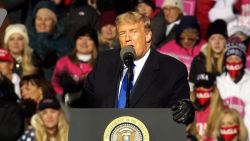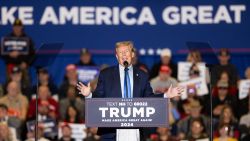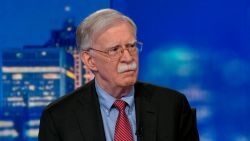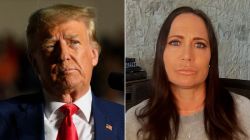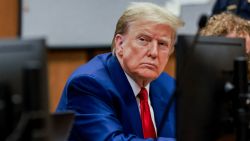The Justice Department’s Office of Legal Counsel essentially ignored some allegations from a whistleblower complaint regarding President Donald Trump’s communications with Ukraine when it decided not to forward the complaint to Congress, according to a newly unsealed memo from the department’s policy office.
Steven Engel of the Office of Legal Counsel was charged with examining whether the whistleblower complaint was indeed an “urgent concern” under the law. The Office of Legal Counsel, the first unit within the Justice Department to learn of the whistleblower’s complaint, decided it was not of urgent concern, based largely around analysis of Trump’s July 25 phone call with Ukraine President Volodymyr Zelensky. Engel had addressed the legal question – one centered around the call itself and less focused on the whistleblower’s other allegations – that the intelligence community inspector general had originally addressed and sent up the chain.
His determination in the now-declassified September 3 opinion advised the Director of National Intelligence to keep the whistleblower complaint within the Justice Department for a possible criminal probe instead of sending it to congressional lawmakers.
But the original September 3 memo also acknowledges the whistleblower’s accusations that Trump chose to suspend security assistance to Ukraine because of an improper motive, and that White House officials attempted to lock down the transcript of the Zelensky call out of political concerns. Those accusations, however, were not part of the OLC’s main considerations and instead appeared only in the memo’s footnotes.
The Office of Legal Counsel posted the redacted September 3 memo on its website Thursday morning, noting it is now declassified.
“The complainant stated that some officials at the White House had advised that this action may have been an abuse of the system,” Engel wrote in the original memo regarding accusation of the White House attempting to bury the transcript, “but the (intelligence community inspector general) did not discuss this allegation in concluding that the complaint stated an urgent concern.”
The legal policy office ultimately sent the whistleblower’s complaint to DOJ’s Criminal Division, which considered whether the President’s call could have violated a campaign finance law prohibiting foreign contributions in US elections.
Senior Justice Department officials said Wednesday the prosecutors looked at the call transcript alone for whether the President’s actions could have violated that law, but did not acknowledge looking for other possible crimes. The newly released OLC memo, too, only acknowledges in its reasoning the possibility of that foreign influence campaign finance violation.











